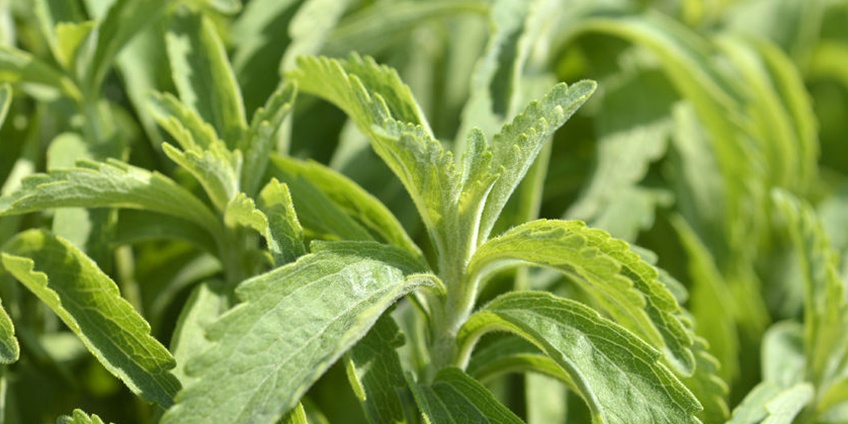If you’ve done much research on gut health, you already know that antibiotics, even when prescribed and used correctly, can really do a number on your digestive health. While they’re killing off the pathogens they were meant to eliminate, antibiotics also rid your body of helpful bacteria and other friendly microbes.
This microbial community that lives inside us, our microbiome, is incredibly important to our health as humans. It helps or even actually does the work of dozens of body processes.
Ideally, we start life with a healthy, balanced microbiome. It evolves with us over time and helps to keep our nutrition cycles and immune system working smoothly.
So, if your doctor prescribed antibiotics for you, you may want to ask him or her if they are really necessary. Sometimes they may be. But in many cases, antibiotics don’t speed up healing. You can get well just as quickly without them.
At least if you’re taking antibiotics, you’re aware of it and can make an attempt at getting your body back into balance afterwards. Many pharmacists will recommend that you add a probiotic supplement, such as acidophilus, after you finish your prescription. And this usually helps, at least a little bit.
But there’s a bigger problem that’s not always obvious. If you’re eating commercially raised meat, eggs, or dairy products, you are consuming low doses of antibiotics every day.
You see, factory farming is not a healthy environment for these animals. The horrendous overcrowding these creatures must endure creates perfect circumstances for the spread of sickness and disease.
So, to prevent illness in the flock or herd, antibiotics are added to the livestock’s food. Makes sense, right?
Well, this a strategy that simply covers up a problem that should have been solved by now. And this consistent low dose of antibiotics is creating superbugs that are very difficult to control.
At some point, the factory farmers discovered that low dose antibiotics help livestock to gain weight more quickly than they would otherwise. And since meat is usually sold by the pound, cheap pharmaceuticals can add a lot to profit margins.
More than 80% of the antibiotics sold in the United States are used in the agriculture industry. Millions of pounds of drugs are added to our food supply every year. And these drugs never appear on ingredients labels, so we don’t know they’re there.
But it’s not just livestock production practices that mess with human gut health. The development of hybridized wheat has also added to the problem.
It is often said that bread is an essential stable for humankind. We have been eating it for thousands of years.
Bread is usually made from wheat because wheat contains lots of gluten proteins. The gluten is what allows the bubbles produced while baking the bread to become part of the loaf’s structure, rather than collapsing it into a dense brick.
But science has helped create wheat strains with even more gluten than ever before. It makes bread softer, lighter, and presumably more fun.
Yet, it turns out that gluten is very hard for humans to digest. And incompletely digested proteins, including glutens, are very hard on your gut lining.
In addition to loosening the tight junctions between the cells making up your intestinal wall, glutens have a tendency to stir up your immune system. An inflammatory cascade can begin to occur within you, which can lead to health issues anywhere in your body: usually in an organ or gland that has already been weakened somehow.
Grain fields offer yet another gut health obstacle.
Weeds are a farmer’s nightmare, adding to their fuel and equipment costs and to their workload. So herbicides were invented to take care of the weeds.
But to be effective, the seed companies needed to get the crop plants to survive being sprayed with weed killer. Enter genetically modified seeds, resistant to glyphosate, commercially known as Roundup®.
Having Roundup-Ready crops in the field meant that more and more glyphosate is being used on our food. Glyphosate doesn’t just kill weeds. When we eat food that has been treated with this herbicide, it acts very similarly to antibiotics in our digestive tract.
And we already know that is a problem.
So, even though on the surface it may seem expensive to buy organically raised and produced groceries, the long-term savings in our health and medical budget are more than worth it.




